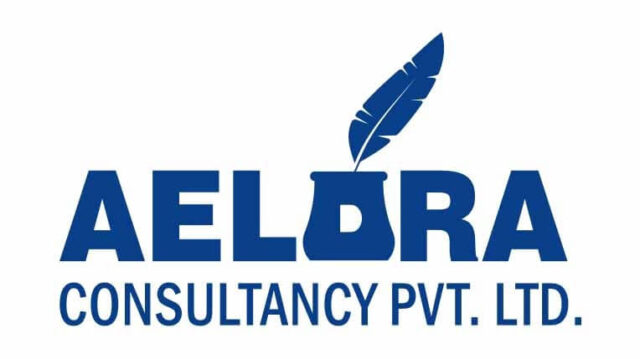
New Delhi (India), May 3: The field of tax management is changing dramatically. The days of stumbling through piles of documentation and putting in endless hours performing calculations by hand are long gone. The way businesses manage their tax responsibilities is being transformed by technology, which is currently emerging. There are several advantages to this move to a tech-driven approach, including improved accuracy, streamlined procedures, and resource savings for companies of all kinds.
One respected tax consulting company, Aeldra Consultancy Private Limited, understands the difficulties companies encounter in keeping up with the constantly changing tax laws and regulations.
The challenges with conventional tax administration
Tax management has always been a difficult and lengthy procedure. Companies, in particular small and medium-sized businesses (SMEs), frequently deal with the following issues:
- Complexity of tax laws: Businesses find it challenging to maintain compliance with ever-changing tax requirements.
- Lack of experience: Small companies might not have the internal knowledge necessary to successfully negotiate the complexities of tax legislation.
- Limited resources: An organisation’s time and resources may be greatly depleted by the preparation and filing of taxes.
The future of tax management is simplified by technology
The advancement of technology is making it possible to handle taxes in a way that is more simplified and effective. Let’s explore how these advancements are simplifying tax management:
- Cloud-based solutions: Tax papers can be securely stored and accessed from any location with the help of cloud-based tax software. This makes physical storage unnecessary and makes it easier for businesses and tax experts to work together.
- Automation: By eliminating human error and freeing up workers for more strategic work, repetitive operations like data entry and calculations can be mechanised.
- Artificial Intelligence (AI): Tools that use AI can examine enormous volumes of tax data, spot possible credits and deductions, and even highlight possible mistakes. Businesses can optimise their tax plans with useful information from this degree of data research.
- Machine Learning (ML): By using historical tax data and up-to-date legislation as a guide, machine learning algorithms may provide tailored advice and guarantee adherence to constantly evolving tax laws.
Advantages of a tax management strategy driven by technology
Businesses can benefit from several advantages in their tax administration procedures by adopting technology.
- Enhanced efficiency: Time and resources needed for tax preparation and filing are decreased because of automation and streamlined procedures.
- Enhanced accuracy: By reducing human mistakes in data entry and computation, technology improves the accuracy of tax returns and lowers the possibility of fines.
- Enhanced compliance: Automated reminders and cloud-based solutions assist companies in staying informed about tax deadlines and regulatory compliance.
- Data-driven decisions: Knowledge gained from AI-powered insights allows businesses to minimize their tax burden.
- Cost savings: Over time, firms can save a lot of money by increasing productivity and decreasing errors.
Looking ahead: A future of collaboration
Technology is not meant to take the place of tax specialists in all situations. Rather, its purpose is to supplement their knowledge. Businesses such as Aeldra Consultancy are aware of this and can use technology to improve the services they offer their customers. By working together, tax professionals can concentrate on providing strategic advice and guarantee that their clients can handle all aspects of tax administration with more assurance and effectiveness.
Conclusion
In conclusion, technology is undoubtedly the future of tax management. Businesses can ensure they leverage the latest advancements by adopting innovative solutions and collaborating with a reputable tax consulting firm. This integrated approach empowers businesses to streamline their tax processes, improve accuracy, and achieve significant cost savings. Ultimately, this frees them to focus on core operations and thrive in a dynamic economic landscape.
Syndicated press content is not written by ED Times





























